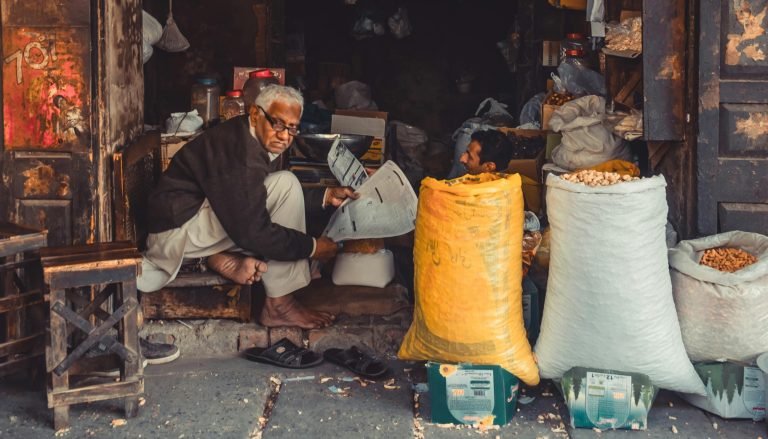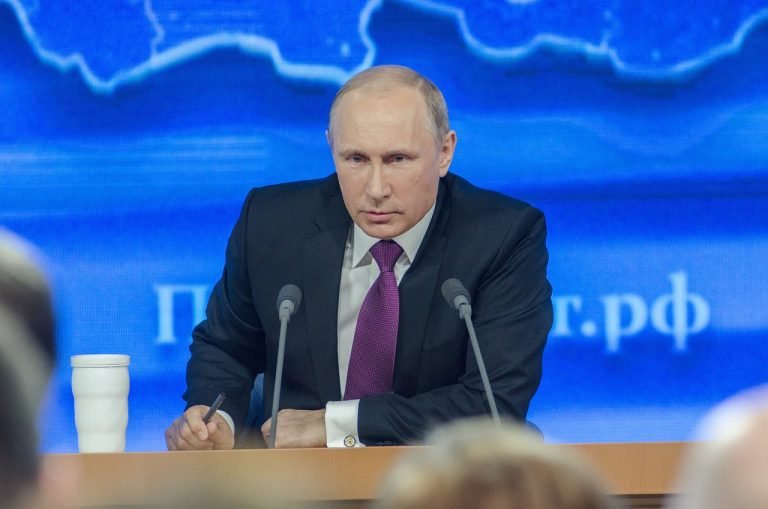The Critical Challenge of Sexual Violence in Conflict Zones and Its Impact on Health Systems

In the shadow of armed conflicts, the health sector grapples with a daunting challenge: the deliberate use of sexual violence as a tactic of war. This grave issue was spotlighted by the World Health Organization (WHO) Director-General, Dr. Tedros Adhanom Ghebreysus, emphasizing the urgent need for global intervention. Tedros shared a personal connection to the crisis, revealing the sexual assault of his relatives and the murder of his uncle amid the violence in Ethiopia’s Tigray region. This region is not alone; similar atrocities occur worldwide, overwhelming local and WHO capacities to respond effectively.
During a significant conversation with the UN High Commissioner for Human Rights, Volker Türk, Tedros underscored the insufficiency of WHO’s resources to tackle gender-based violence in conflict settings. He highlighted the vast number of women left without any support, underscoring the dire need for not only medical but also psychosocial services to address the trauma endured.
In response, Türk proposed a strategic collaboration between his Office (OHCHR) and the WHO to better integrate human rights within health services, ensuring the right to health is upheld, especially during conflicts. This partnership aims to elevate their cooperation to new heights, facing challenges exacerbated by the pandemic head-on.
The dialogue also touched on the alarming trend of targeting health facilities and personnel in war zones, contributing to high civilian casualties and a breakdown in medical services. The leaders condemned this blatant disregard for international laws protecting health workers and infrastructure, stressing the necessity to uphold these norms universally.
Additionally, the conversation broadened to include the impact of climate change on health, with Tedros advocating for the reduction of fossil fuel usage to mitigate its effects. Türk highlighted the importance of universal health coverage as a fundamental right, crucial for addressing global health challenges and ensuring sustainable development.
The call to action is clear: the international community must prioritize and address the multifaceted repercussions of sexual violence in conflicts, ensuring comprehensive support for the victims and safeguarding health systems against the cascading effects of war and environmental crises.





